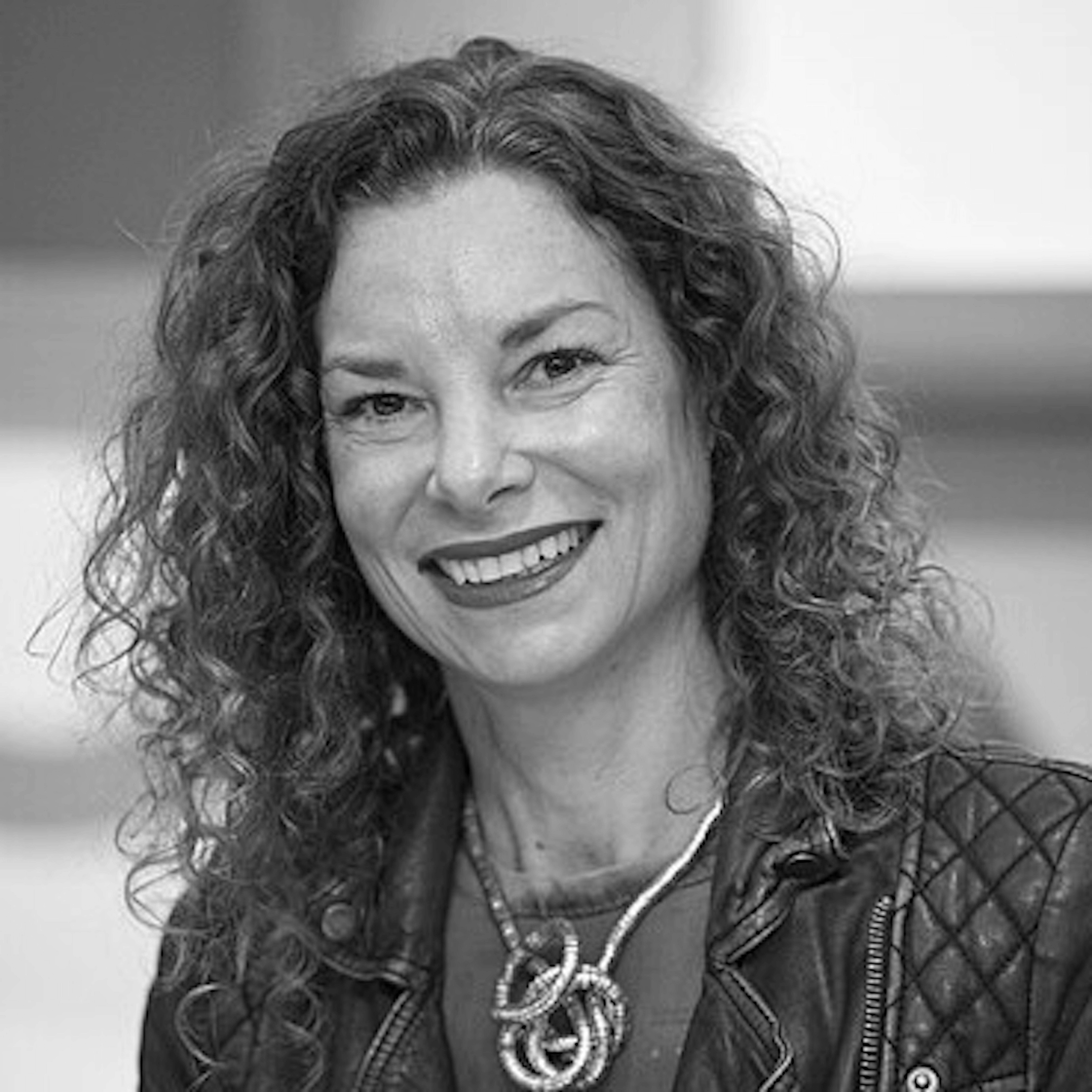
Gaia Vince


She is a multiple award-winning science journalist, author, presenter, commentator, and speaker. She is particularly interested in the interaction between human systems and Earth’s planetary systems and has traveled extensively around the world to study them. She writes books and articles, including for BBC, The Guardian, New Scientist, Australian Geographic, and Science.
She creates and presents scientific documentary films for radio and television – hosting the BBC Inside Science program – and gives lectures worldwide. Previously, she held senior editorial positions at scientific journals Nature, Nature Climate Change, and New Scientist. A selection of her recent work can be seen in the “News” section (she tries to keep it updated…).
She has won awards for her work, most recently the 2024 European Geosciences Union Angela Croome Award for excellence in science journalism concerning Earth, space, and planets. She is also an Honorary Senior Research Associate at the UCL Institute for the Study of the Anthropocene, a Fellow of the Royal Society of Arts, Manufactures and Commerce (RSA), a founding member of the Climate Migration Council, and a proud ambassador for the National Oceanography Centre.
She studied chemistry and physics at university, with her research focusing on crystallography (later completing master’s degrees in engineering and journalism). This is a unique time in Earth’s history, where climate change, globalization, communication technologies, and a growing human population are changing the world – and humans – like never before.
She documents these changes by speaking with ordinary people, scientists, and heads of state as we enter the Anthropocene. After traveling the world for 800 days, she wrote what provides a good overview of the journey, which ultimately took 2.5 years and became the basis of her book “ADVENTURES IN THE ANTHROPOCENE”, which won the Royal Society Prize for Science Books (the first woman to do so).
Her second book, “TRANSCENDENCE”, explores how we got here: how an intelligent ape became the dominant force on the planet. She retells the story of our “rise”, describing the co-evolution of our biology, environment, and, importantly, our culture. It’s a tale of how we came to be and where we’re heading. The book was nominated for the Royal Society Prize for Science Books.
Her latest book, “NOMAD CENTURY”, is an urgent examination of the most underestimated, seismic consequences of climate change: how it will compel people to change where – and how – they live. It’s a solutions-oriented book, as well as a gripping call to arms, describing how people can plan and manage the inevitable climate migration while simultaneously restoring the planet to a fully habitable state.